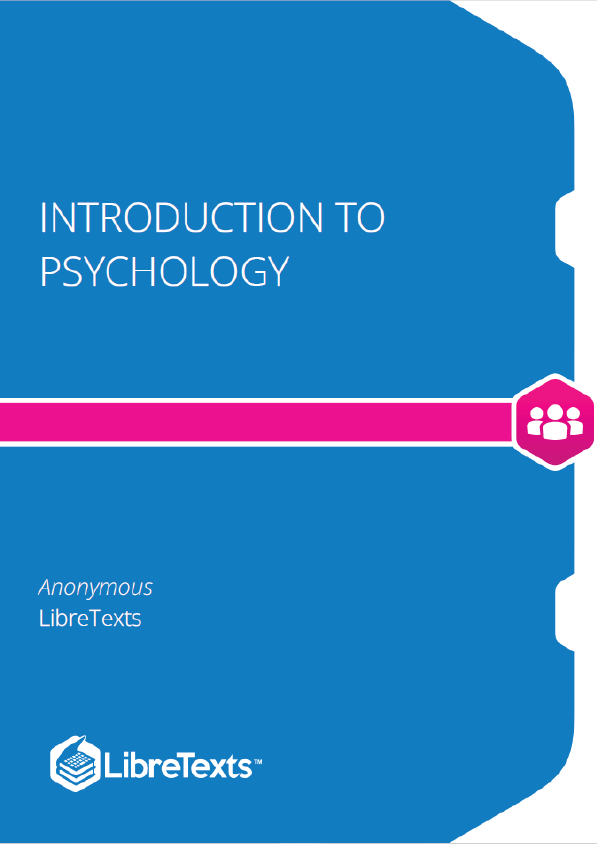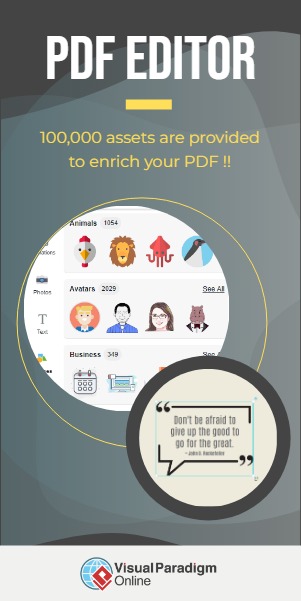Introduction to Psychology utilizes the dual theme of behavior and empiricism to make psychology relevant to intro students. The author wrote this book to help students organize their thinking about psychology at a conceptual level. Five or ten years from now, he does not expect his students to remember the details of most of what he teaches them. However, he does hope that they will remember that psychology matters because it helps us understand behavior and that our knowledge of psychology is based on empirical study.
Despite the differences in their interests, areas of study, and approaches, all psychologists have one thing in common: They rely on scientific methods. Research psychologists use scientific methods to create new knowledge about the causes of behavior, whereas psychologist-practitioners, such as clinical, counseling, industrial-organizational, and school psychologists, use existing research to enhance the everyday life of others. The science of psychology is important for both researchers and practitioners.
In a sense all humans are scientists. We all have an interest in asking and answering questions about our world. We want to know why things happen, when and if they are likely to happen again, and how to reproduce or change them. Such knowledge enables us to predict our own behavior and that of others. We may even collect data (i.e., any information collected through formal observation or measurement) to aid us in this undertaking. It has been argued that people are “everyday scientists” who conduct research projects to answer questions about behavior (Nisbett & Ross, 1980). When we perform poorly on an important test, we try to understand what caused our failure to remember or understand the material and what might help us do better the next time. When our good friends Monisha and Charlie break up, despite the fact that they appeared to have a relationship made in heaven, we try to determine what happened. When we contemplate the rise of terrorist acts around the world, we try to investigate the causes of this problem by looking at the terrorists themselves, the situation around them, and others’ responses to them.
The Problem of Intuition
The results of these “everyday” research projects can teach us many principles of human behavior. We learn through experience that if we give someone bad news, he or she may blame us even though the news was not our fault. We learn that people may become depressed after they fail at an important task. We see that aggressive behavior occurs frequently in our society, and we develop theories to explain why this is so. These insights are part of everyday social life. In fact, much research in psychology involves the scientific study of everyday behavior (Heider, 1958; Kelley, 1967).
The problem, however, with the way people collect and interpret data in their everyday lives is that they are not always particularly thorough. Often, when one explanation for an event seems “right,” we adopt that explanation as the truth even when other explanations are possible and potentially more accurate. For example, eyewitnesses to violent crimes are often extremely confident in their identifications of the perpetrators of these crimes. But research finds that eyewitnesses are no less confident in their identifications when they are incorrect than when they are correct (Cutler & Wells, 2009; Wells & Hasel, 2008). People may also become convinced of the existence of extrasensory perception (ESP), or the predictive value of astrology, when there is no evidence for either (Gilovich, 1993). Furthermore, psychologists have also found that there are a variety of cognitive and motivational biases that frequently influence our perceptions and lead us to draw erroneous conclusions (Fiske & Taylor, 2007; Hsee & Hastie, 2006). In summary, accepting explanations for events without testing them thoroughly may lead us to think that we know the causes of things when we really do not.











